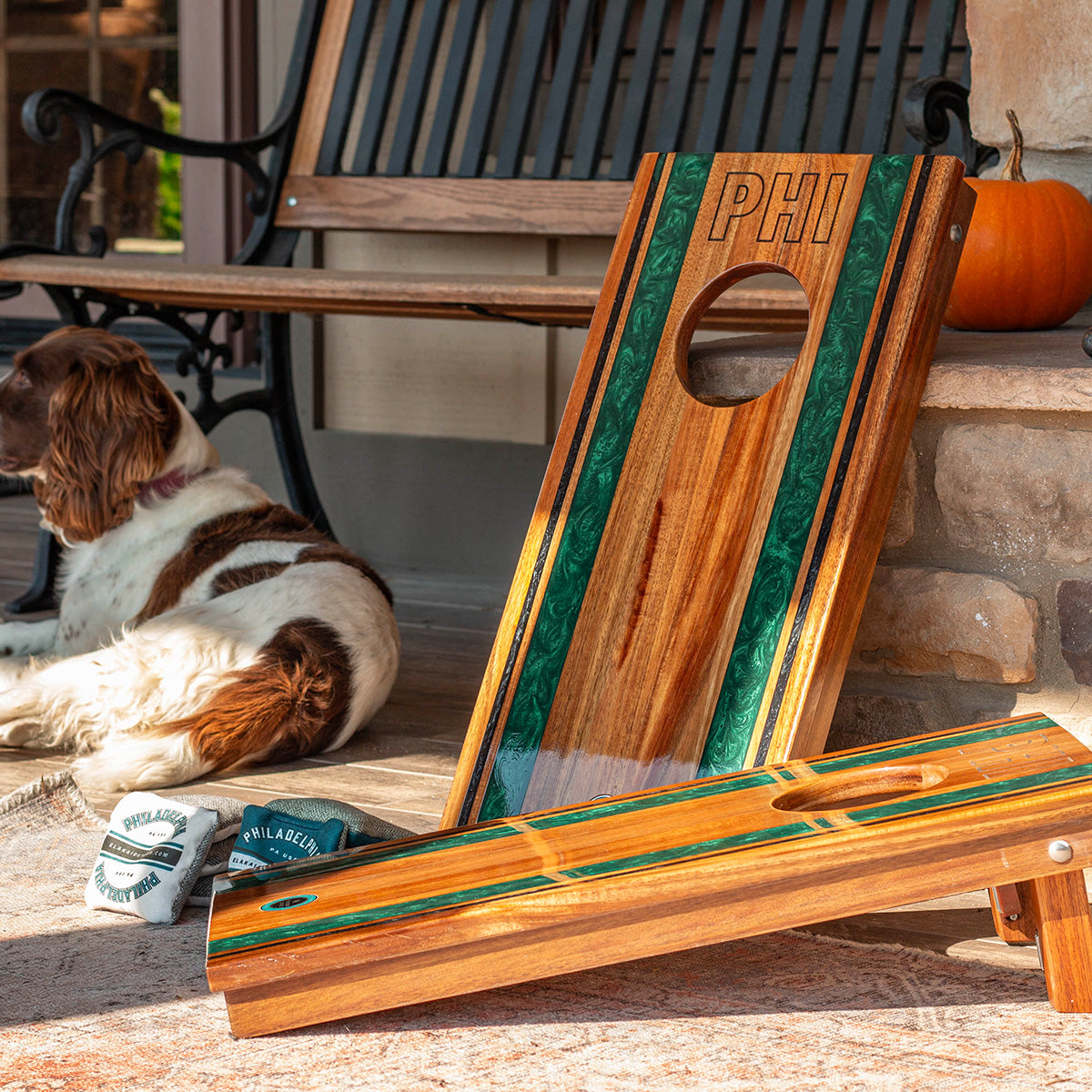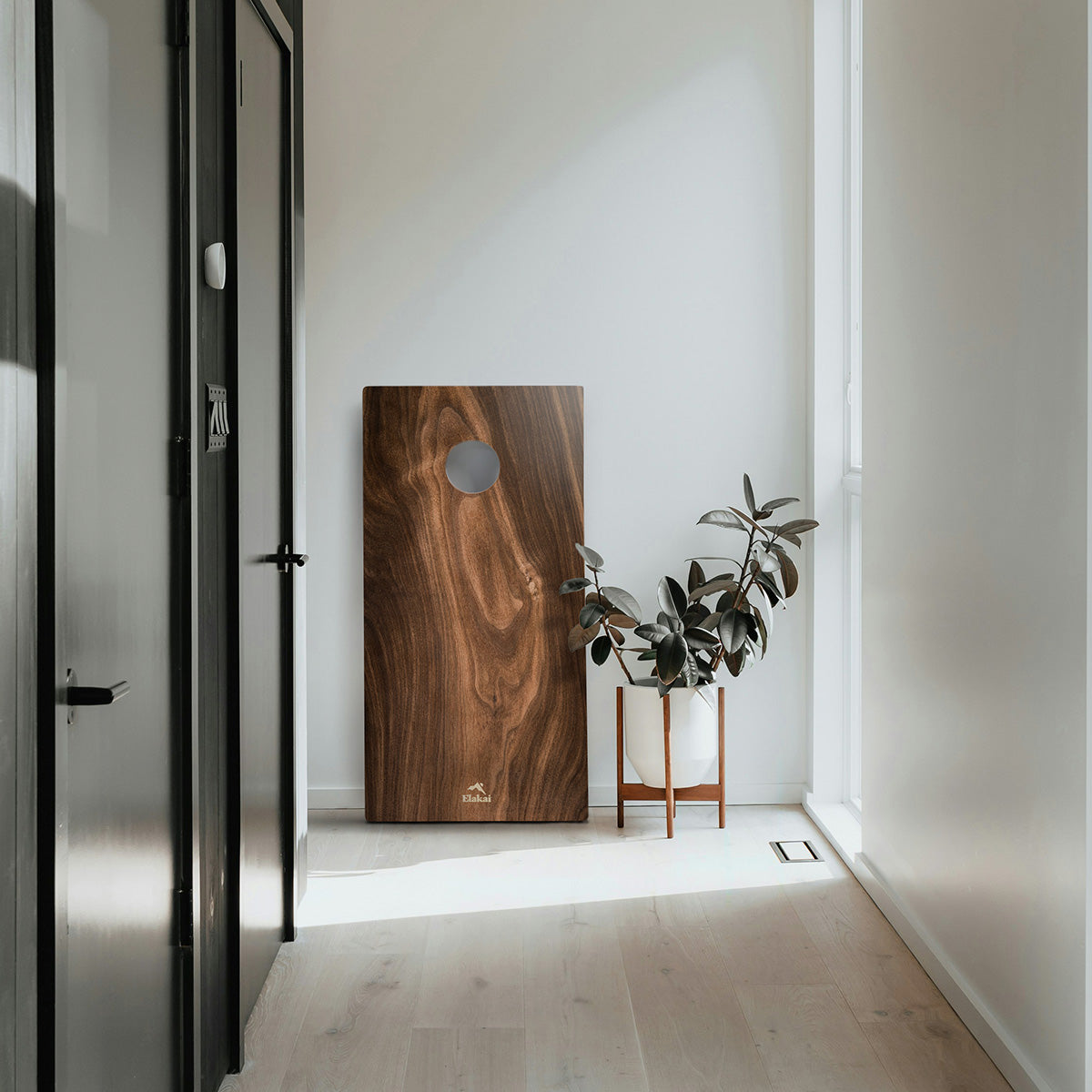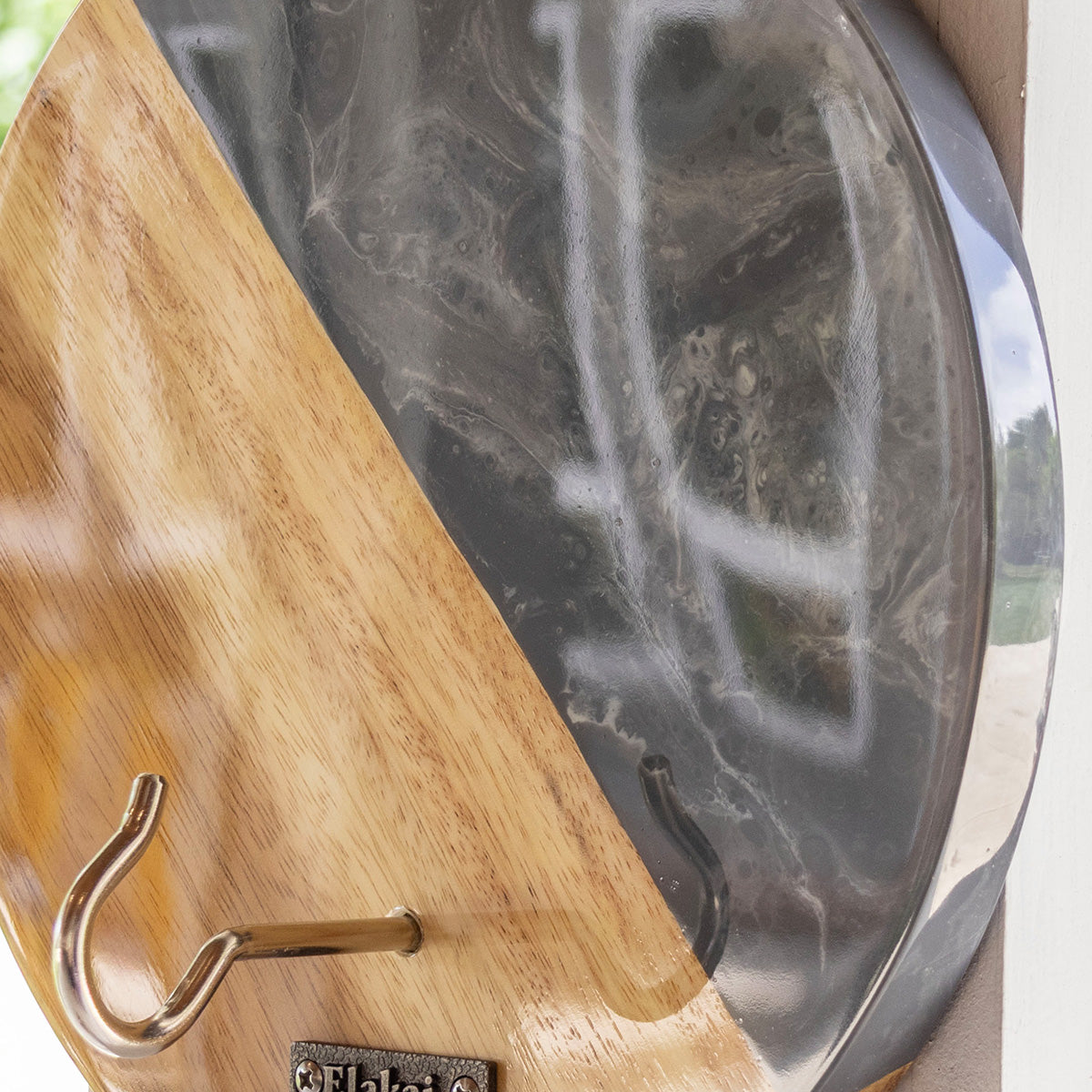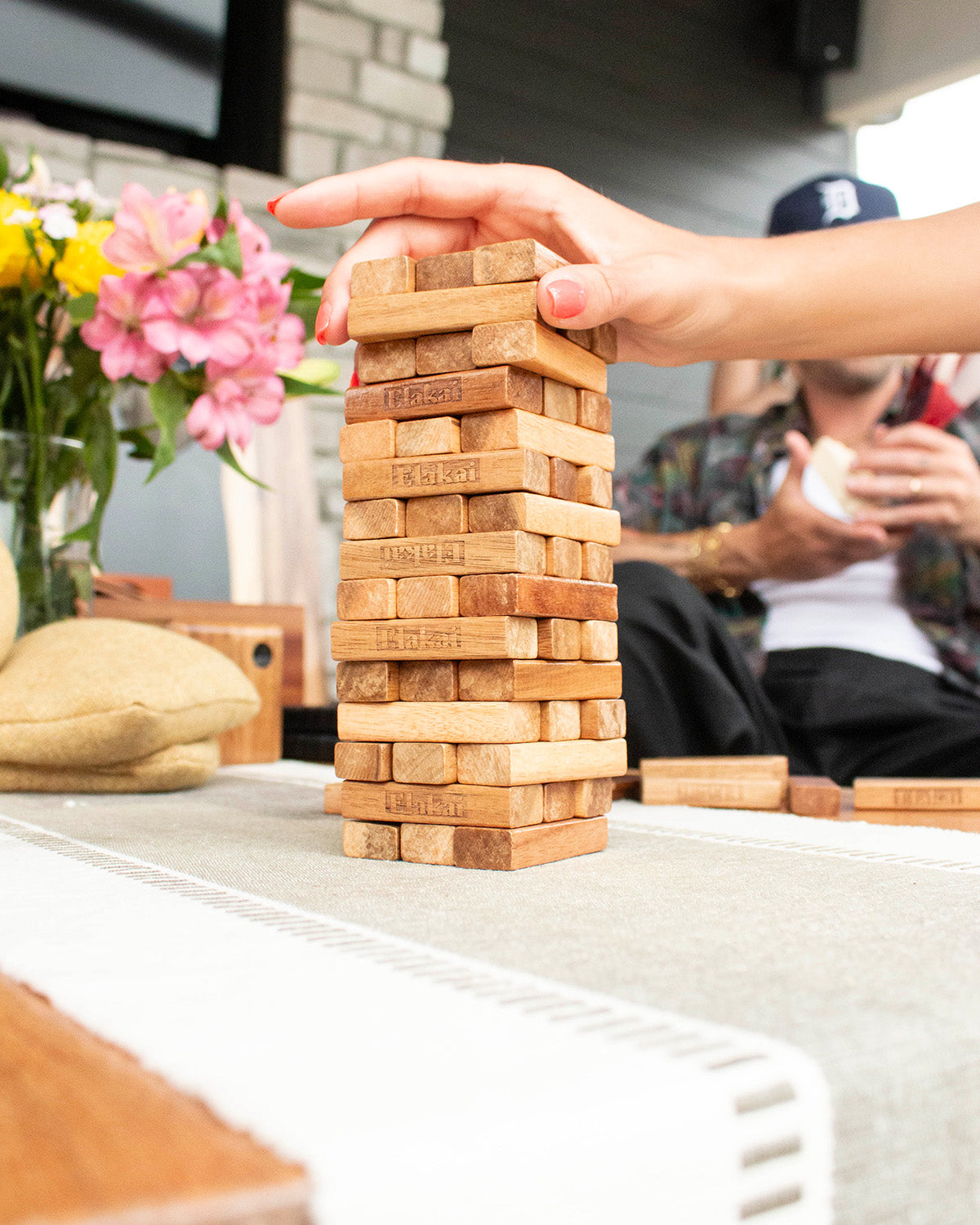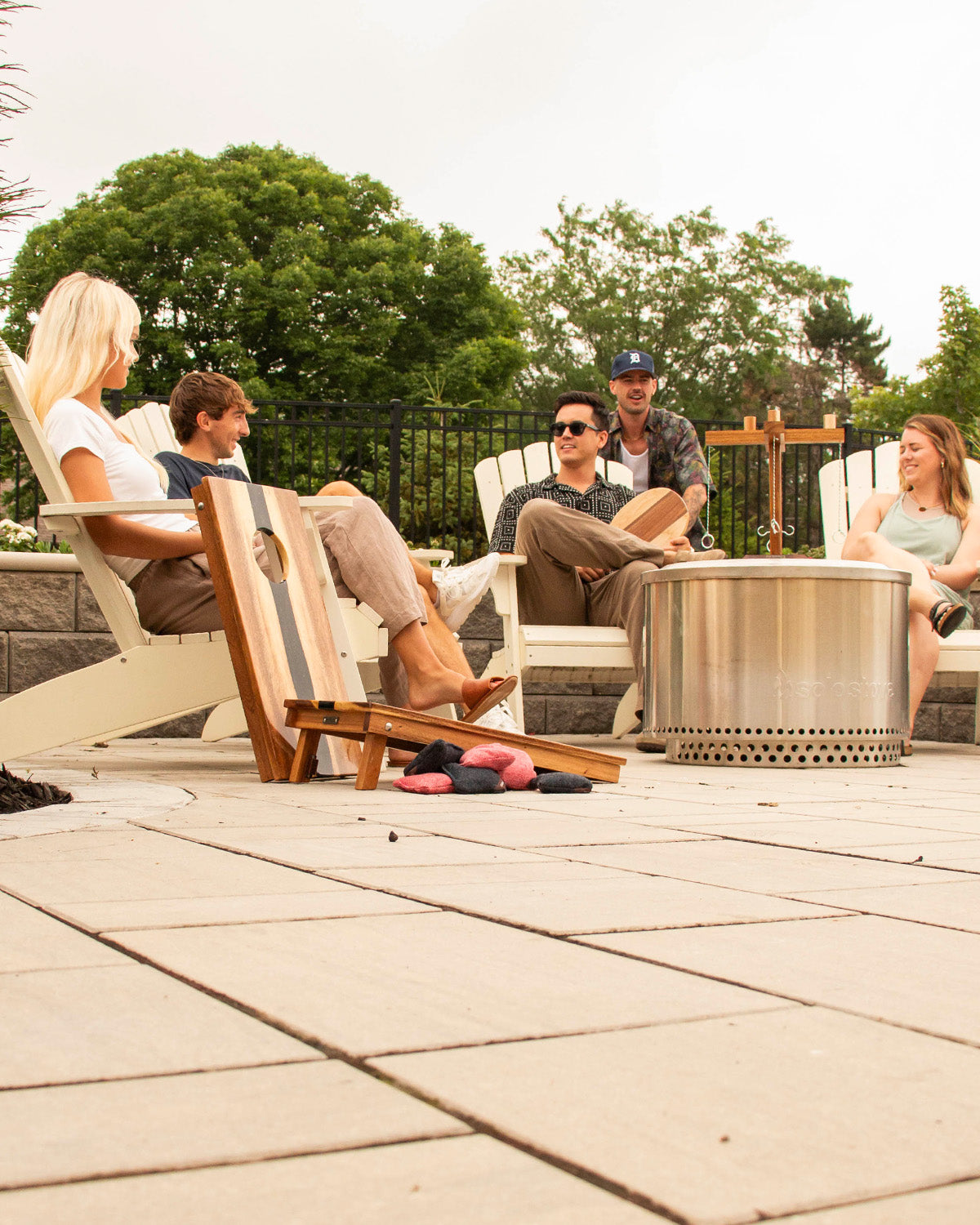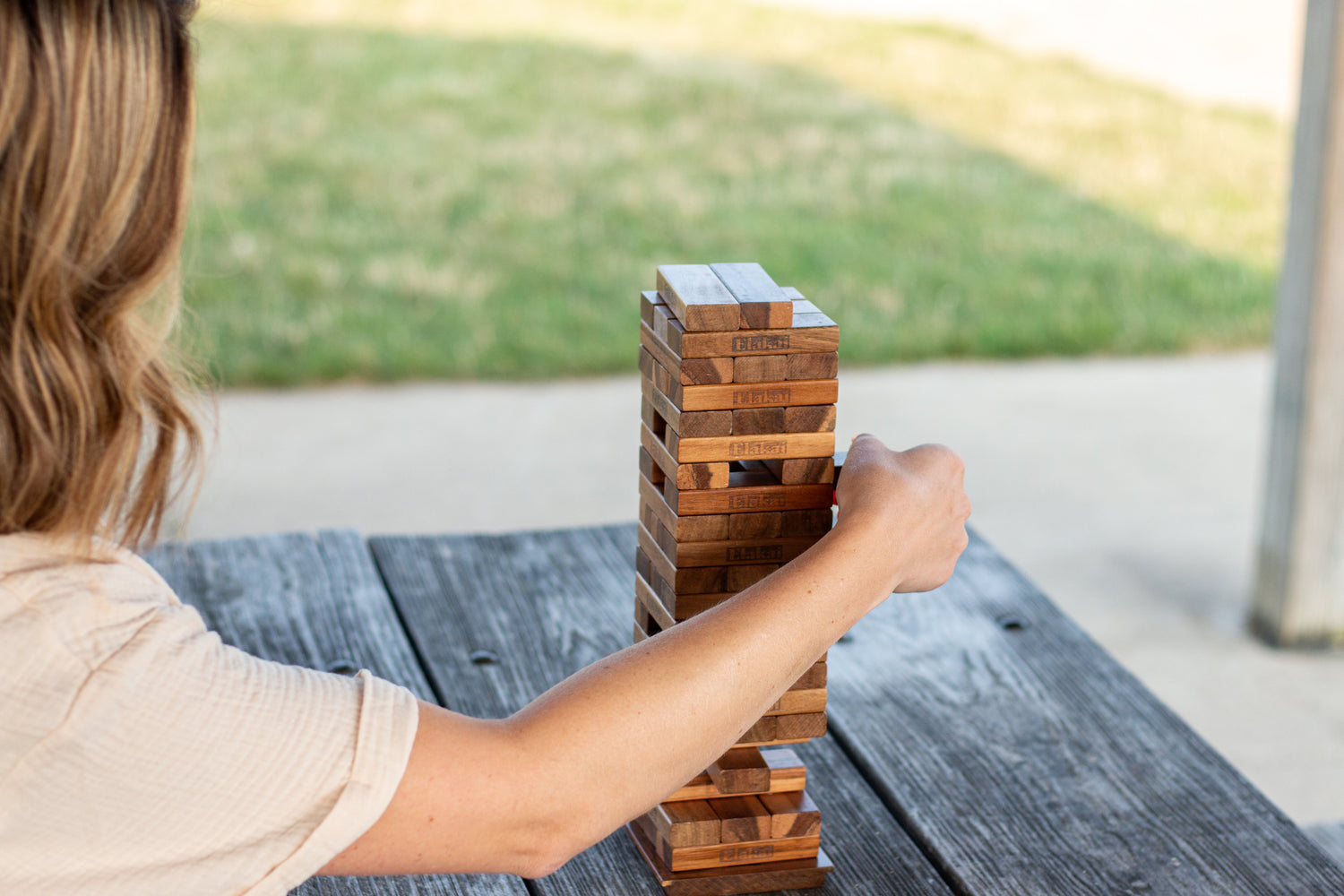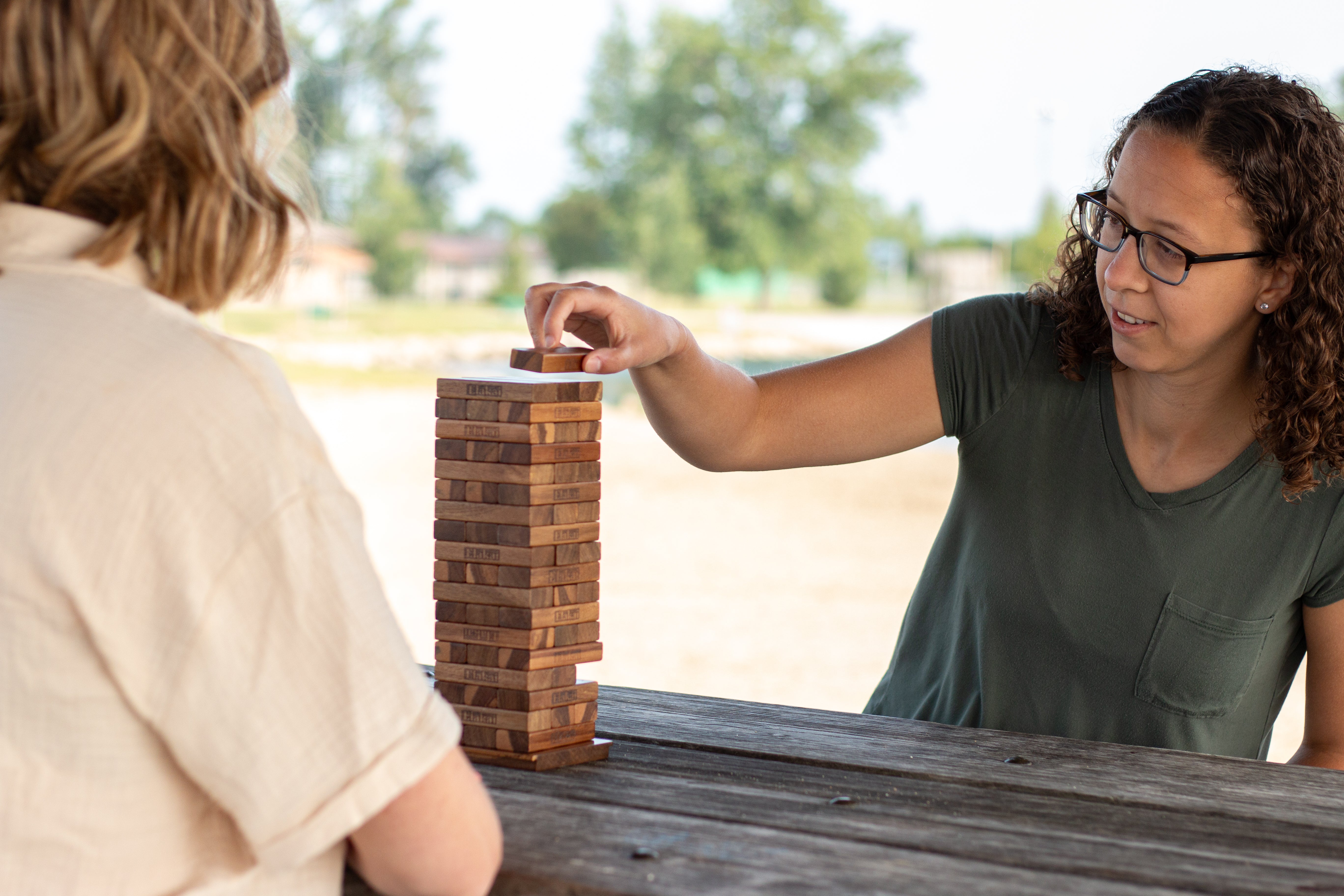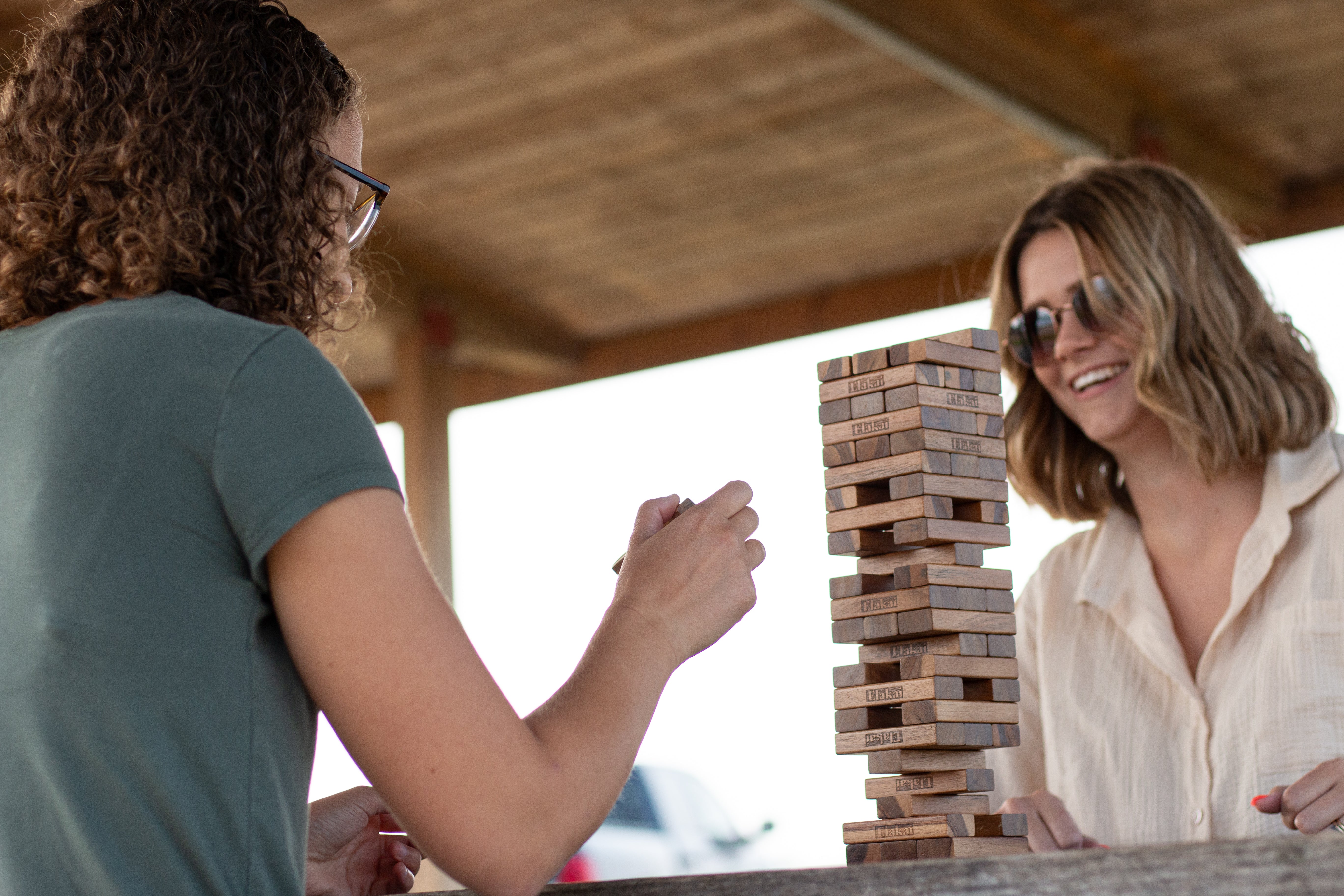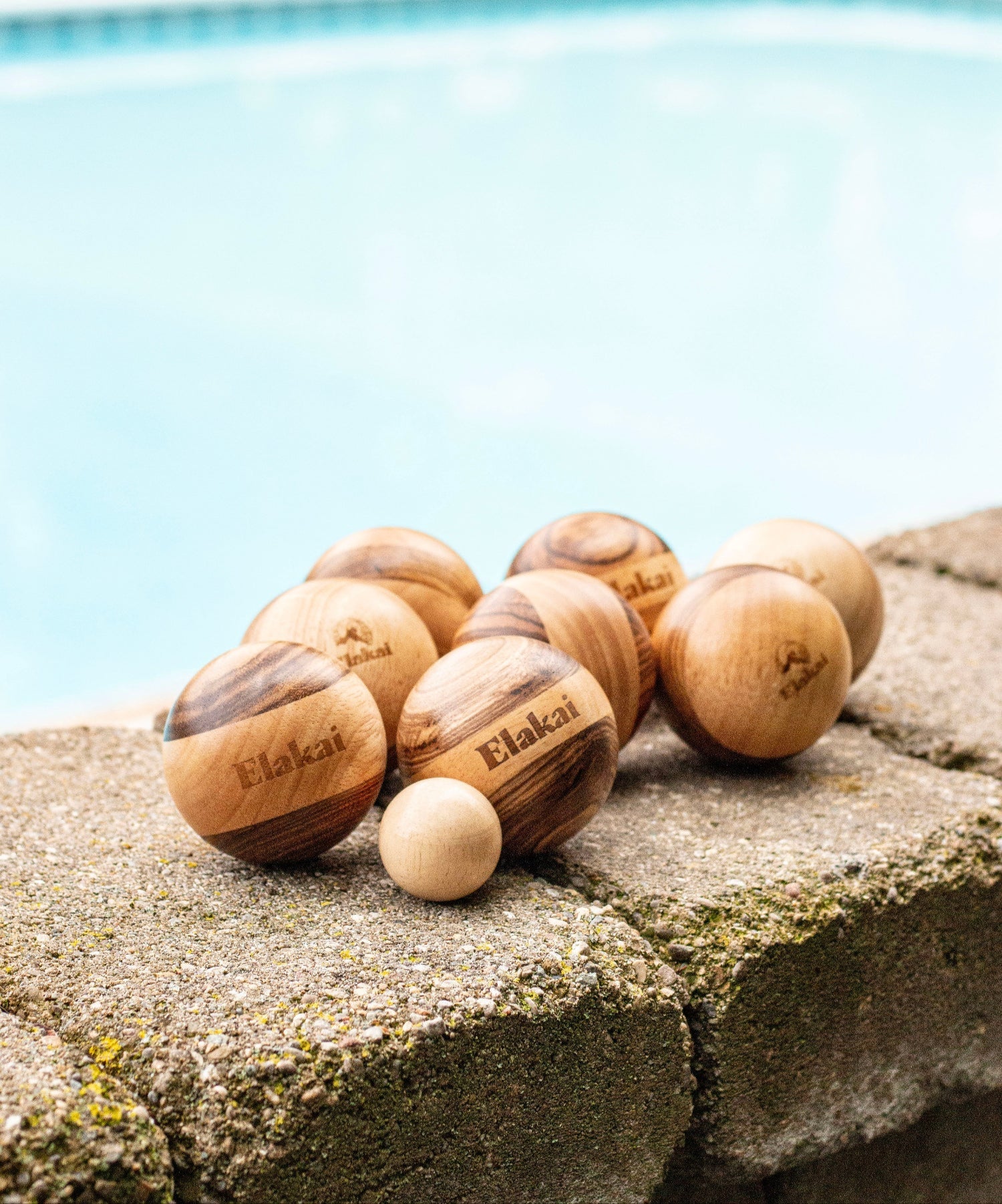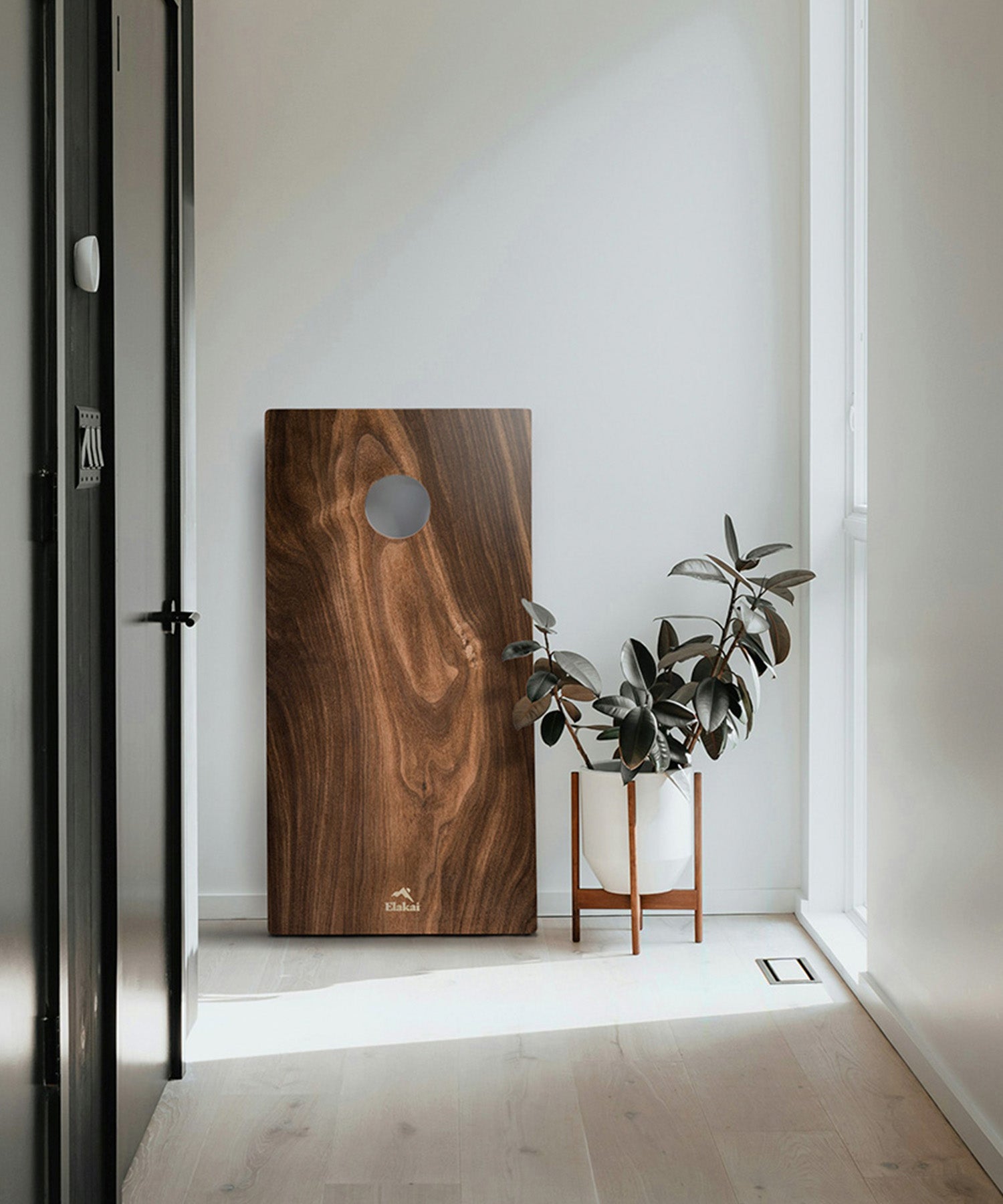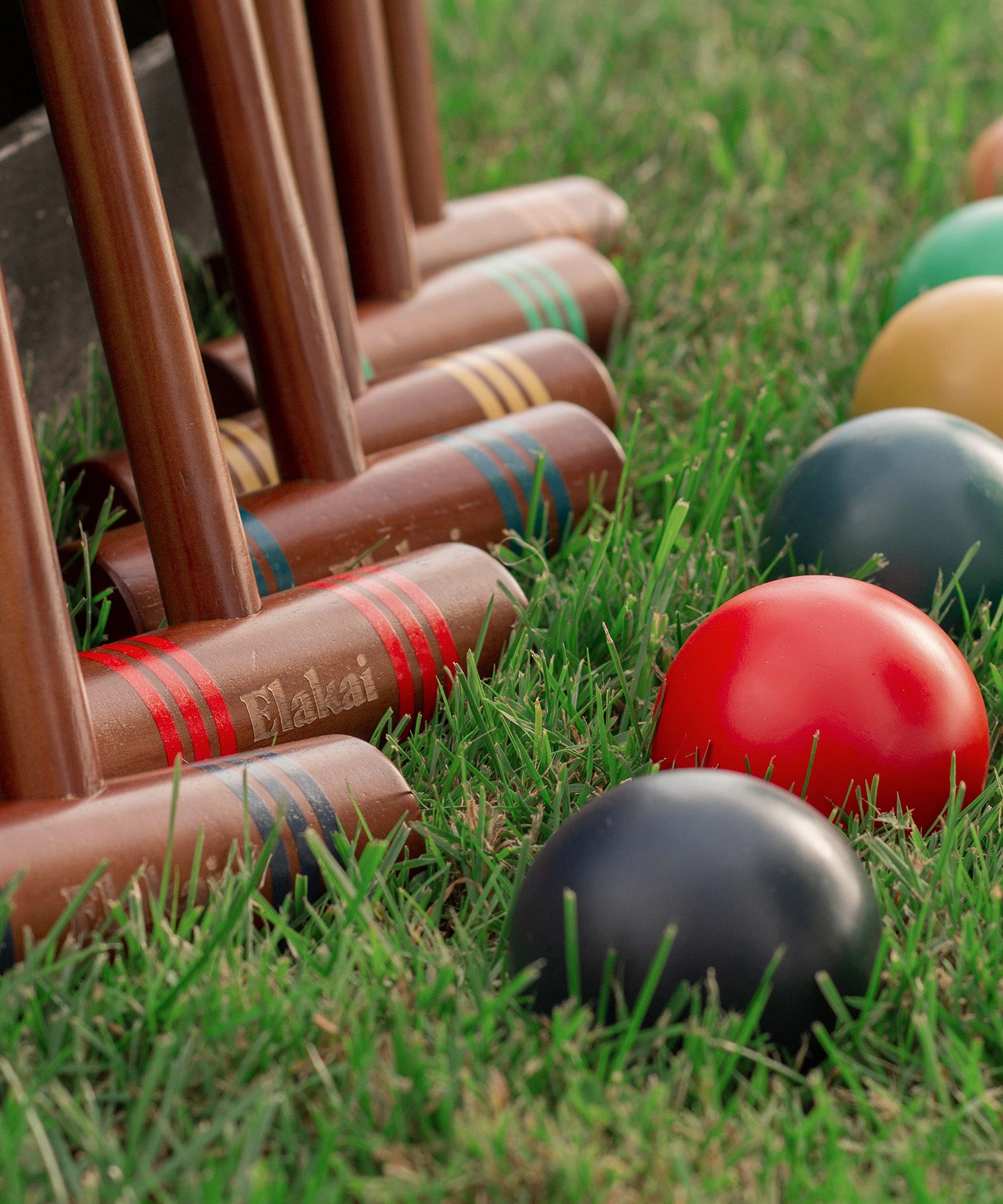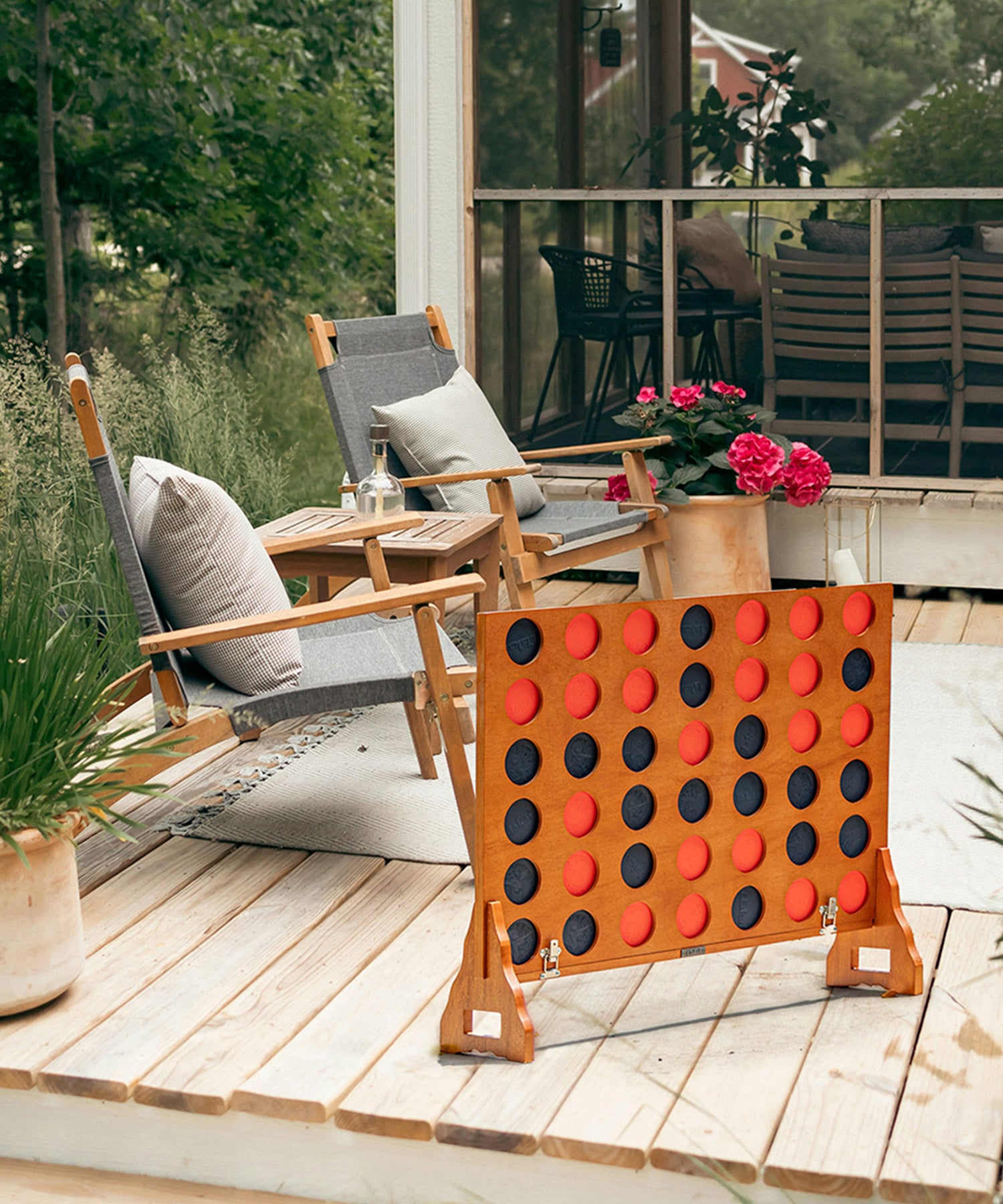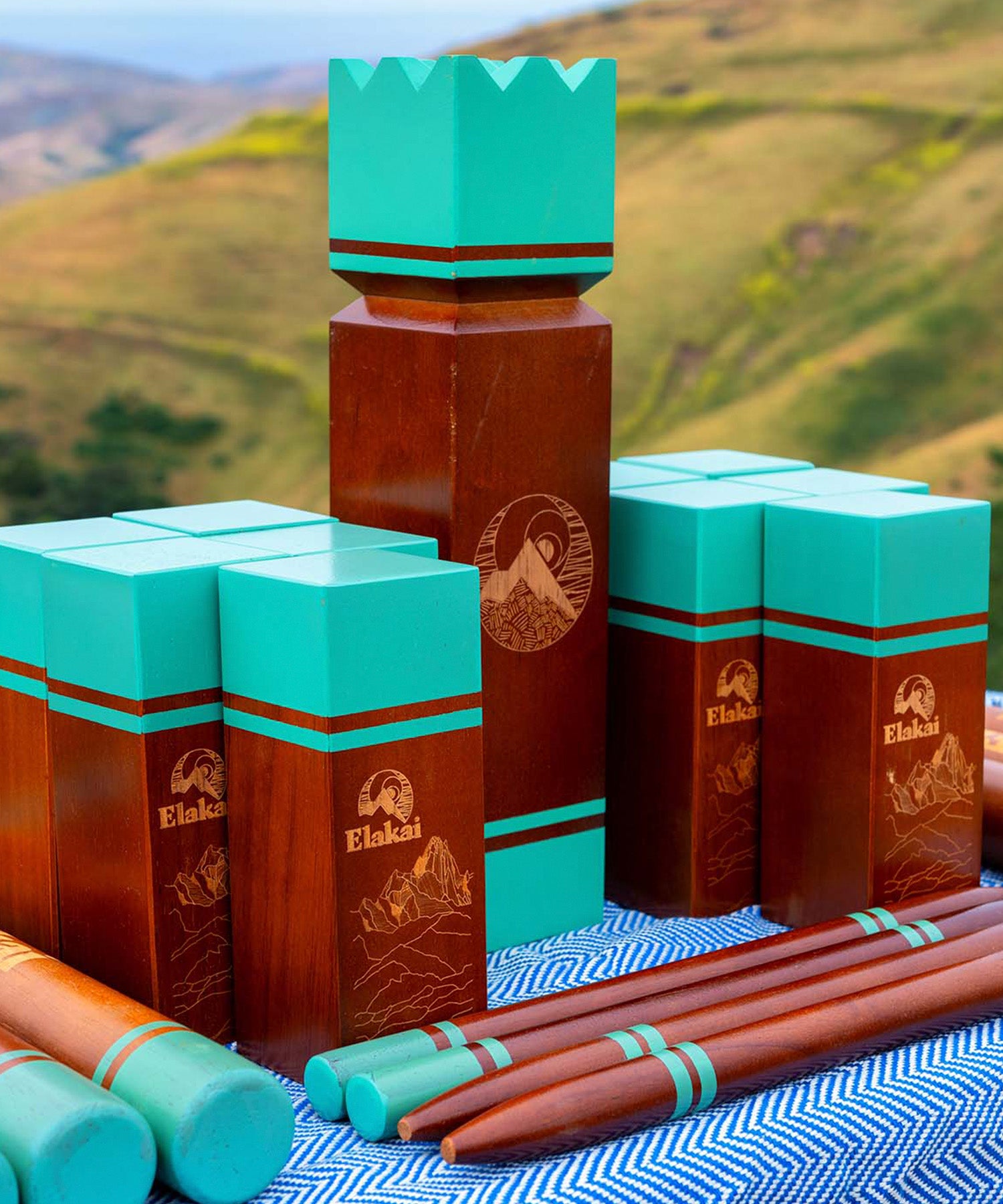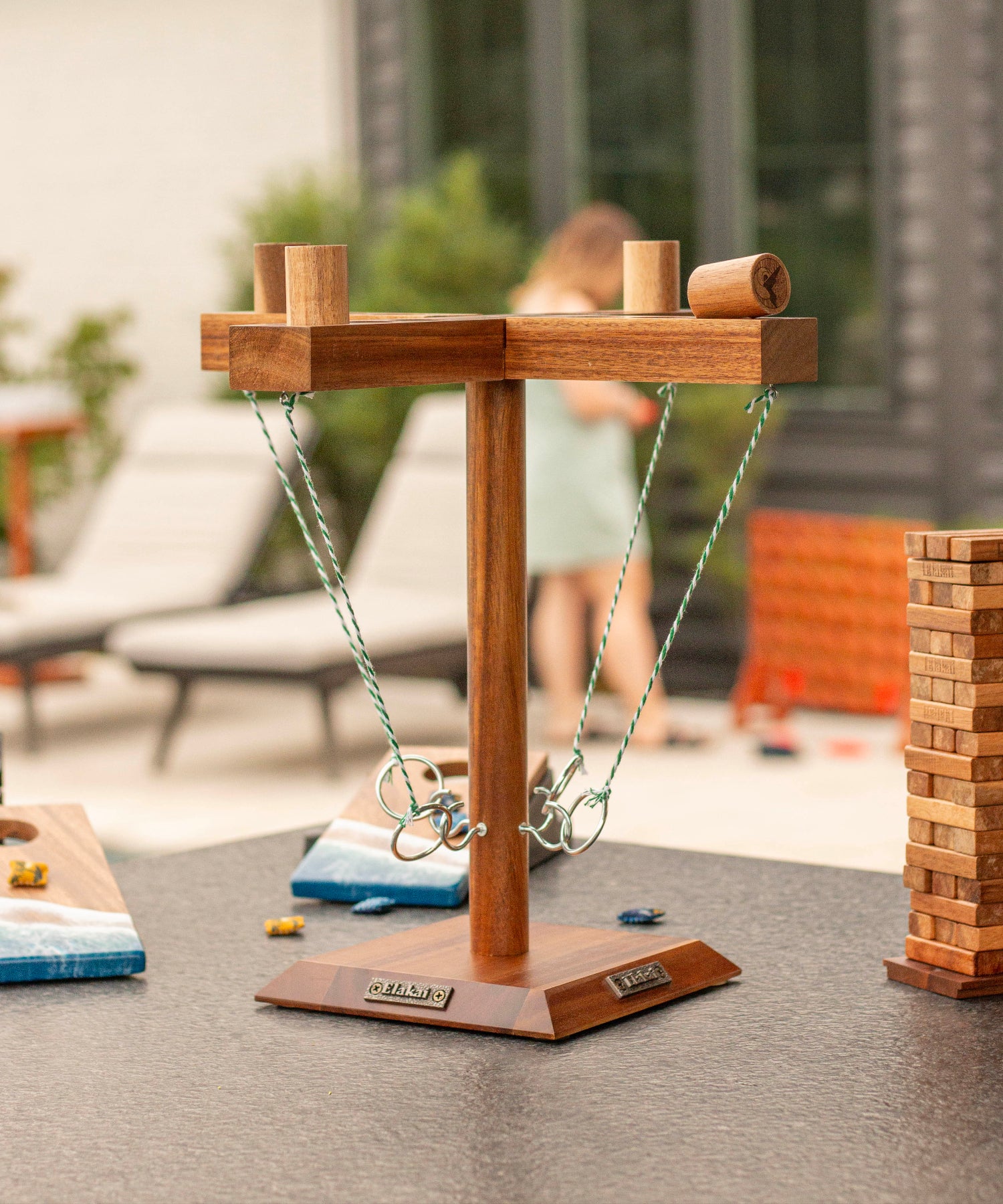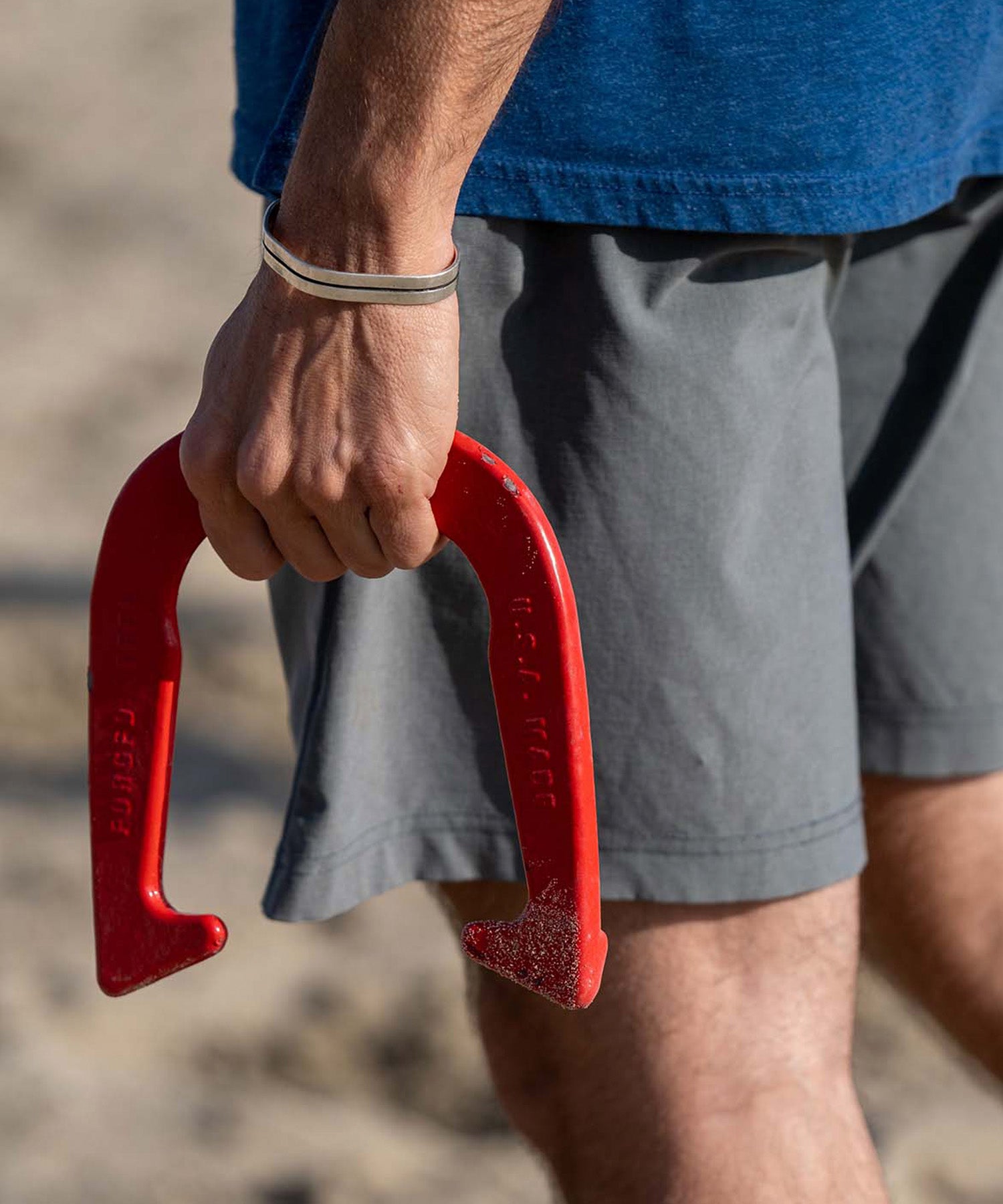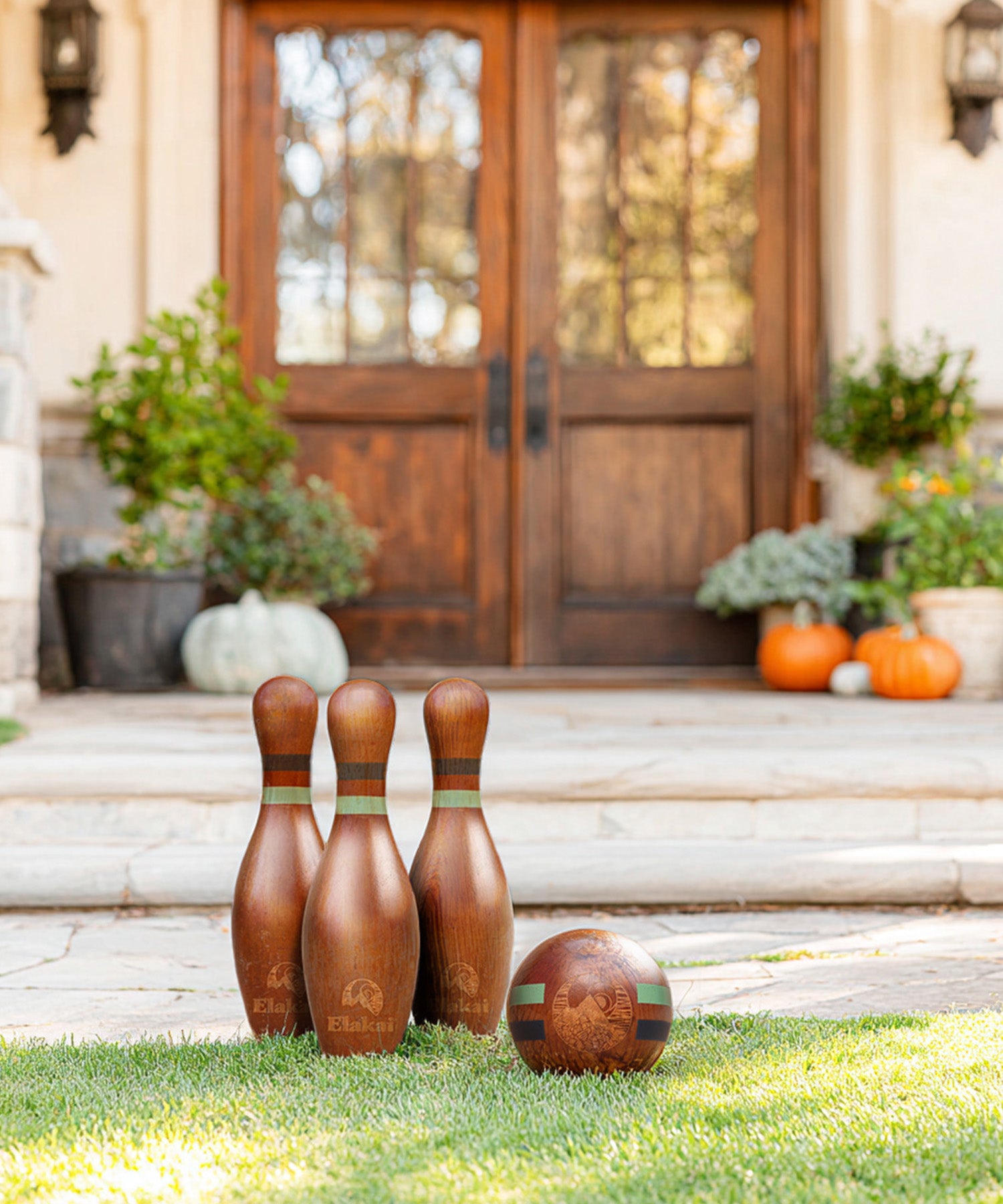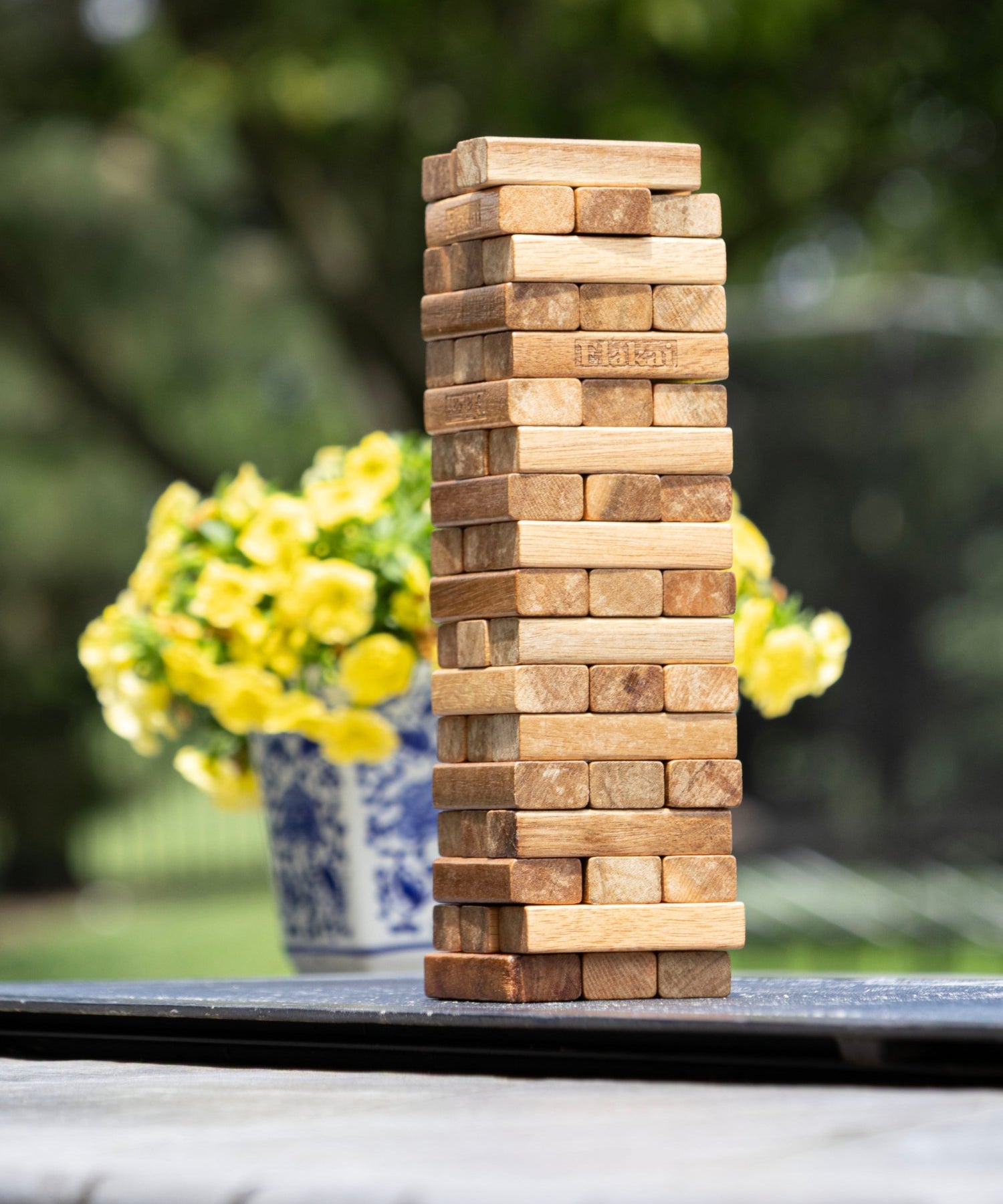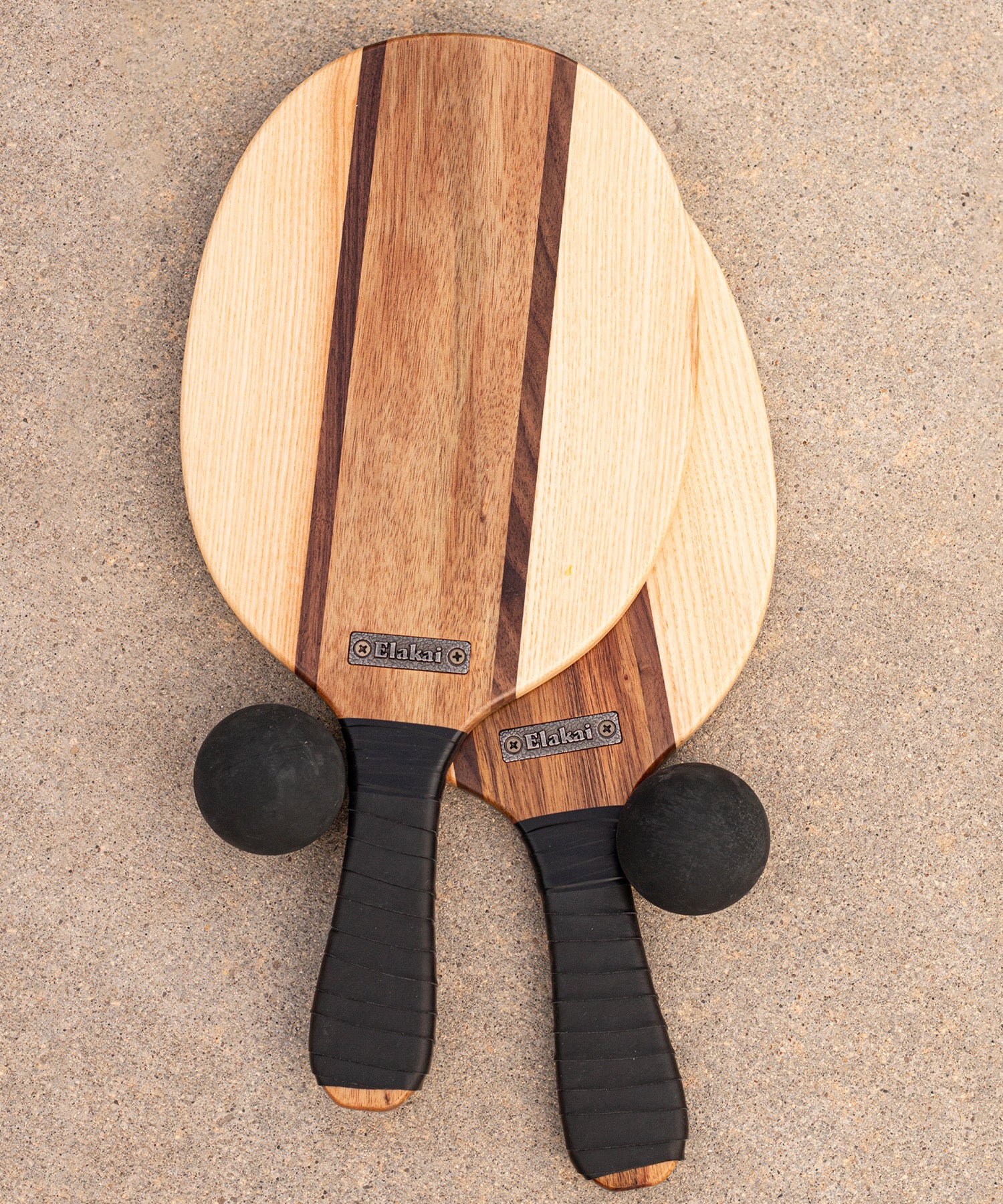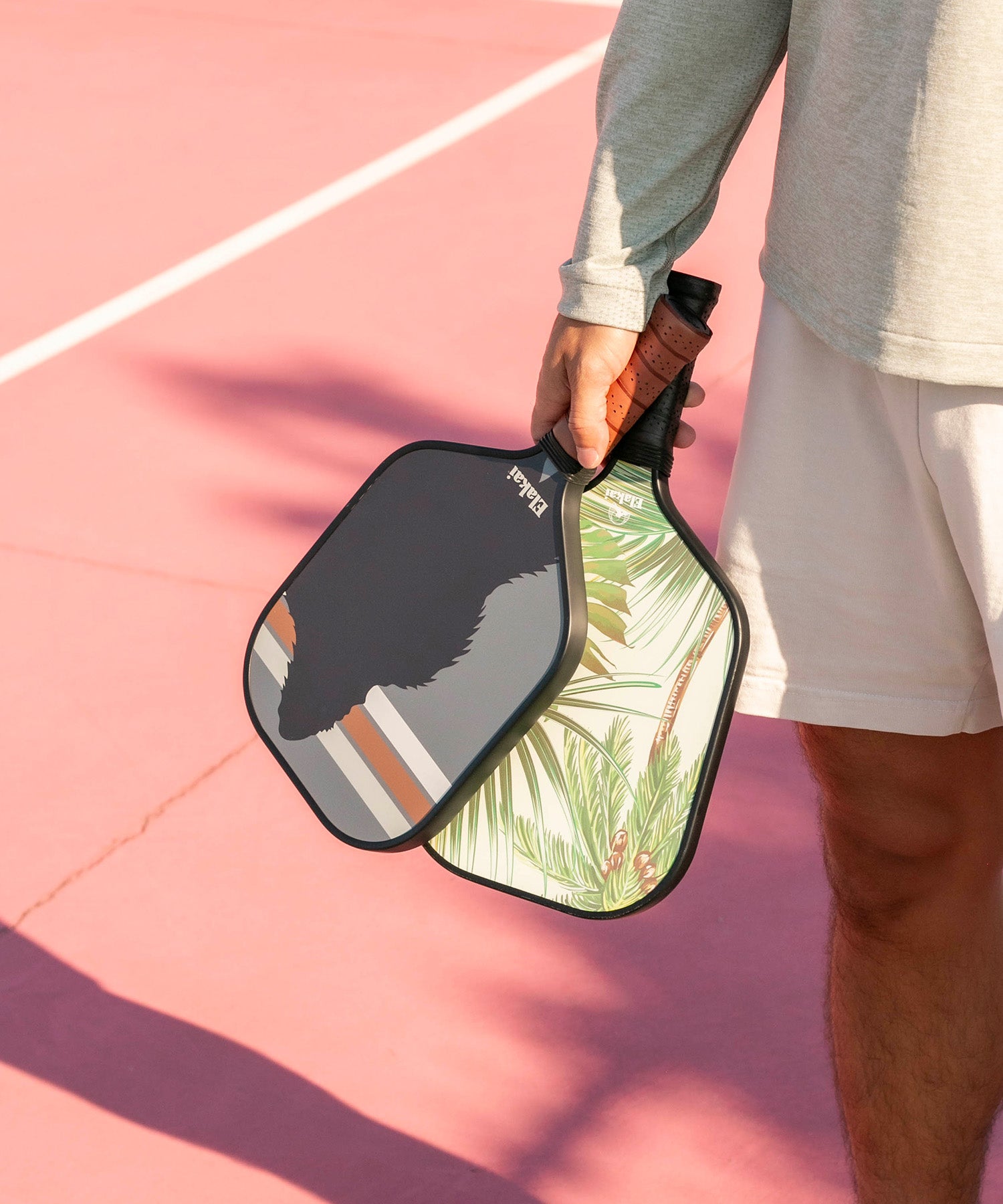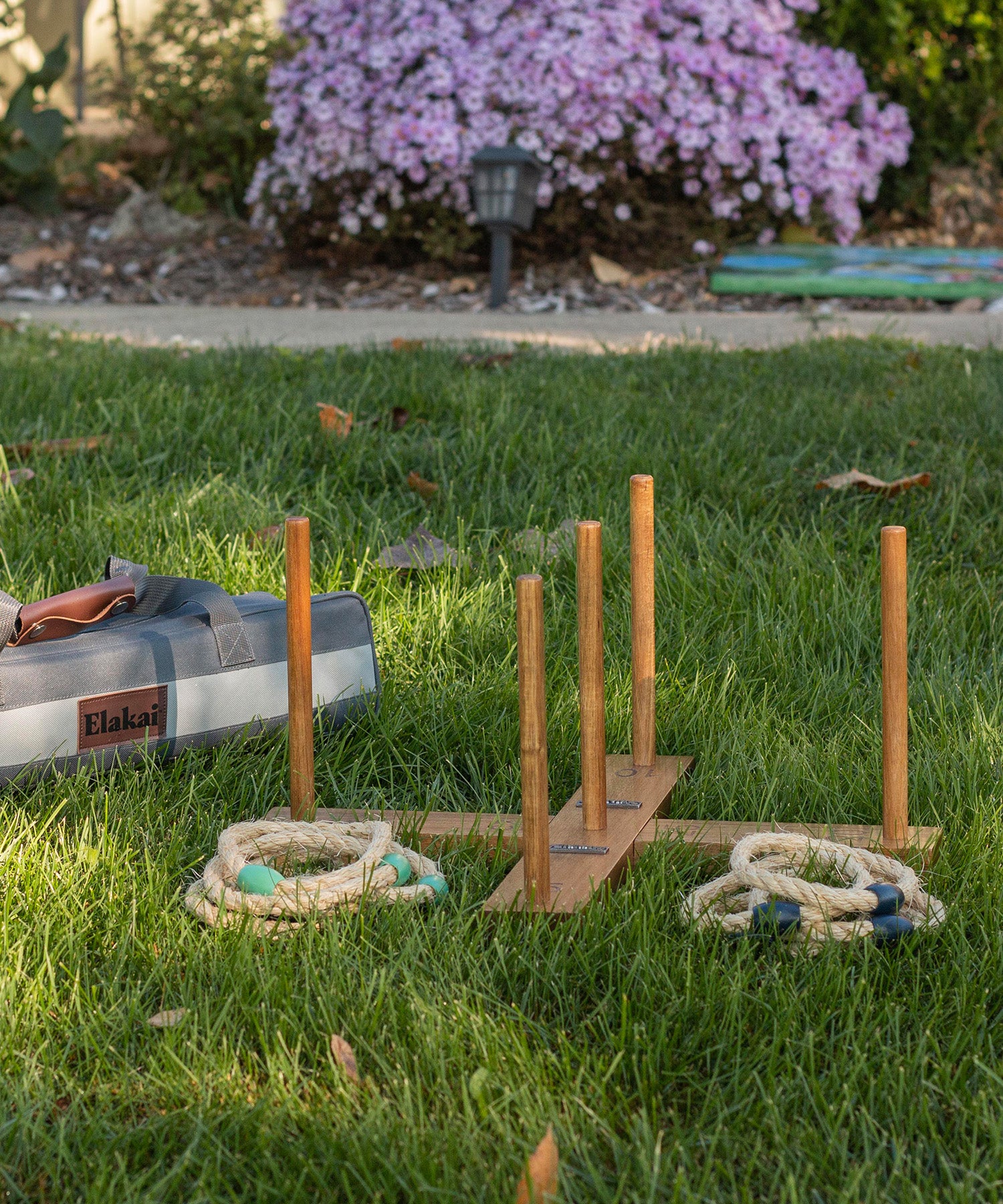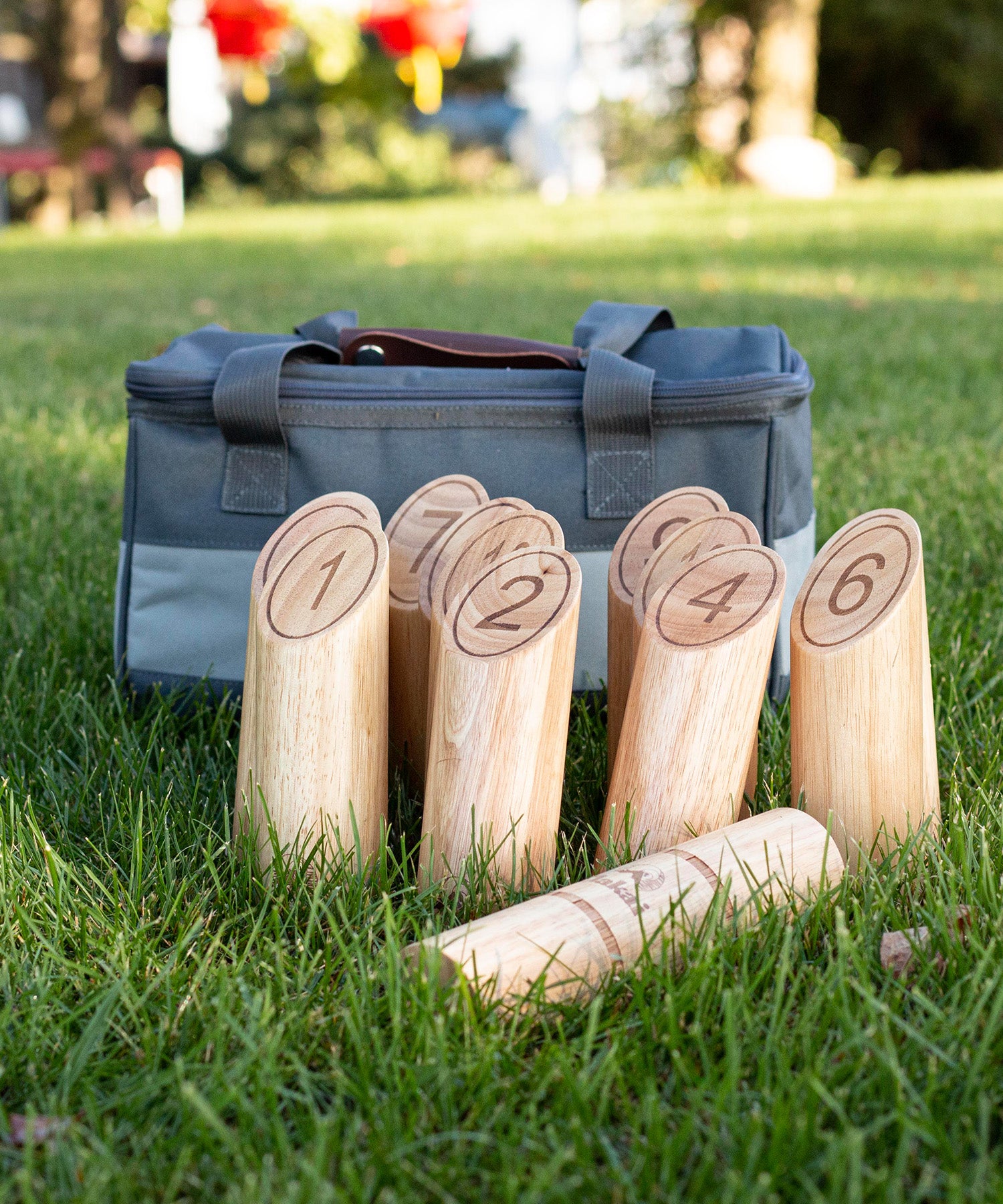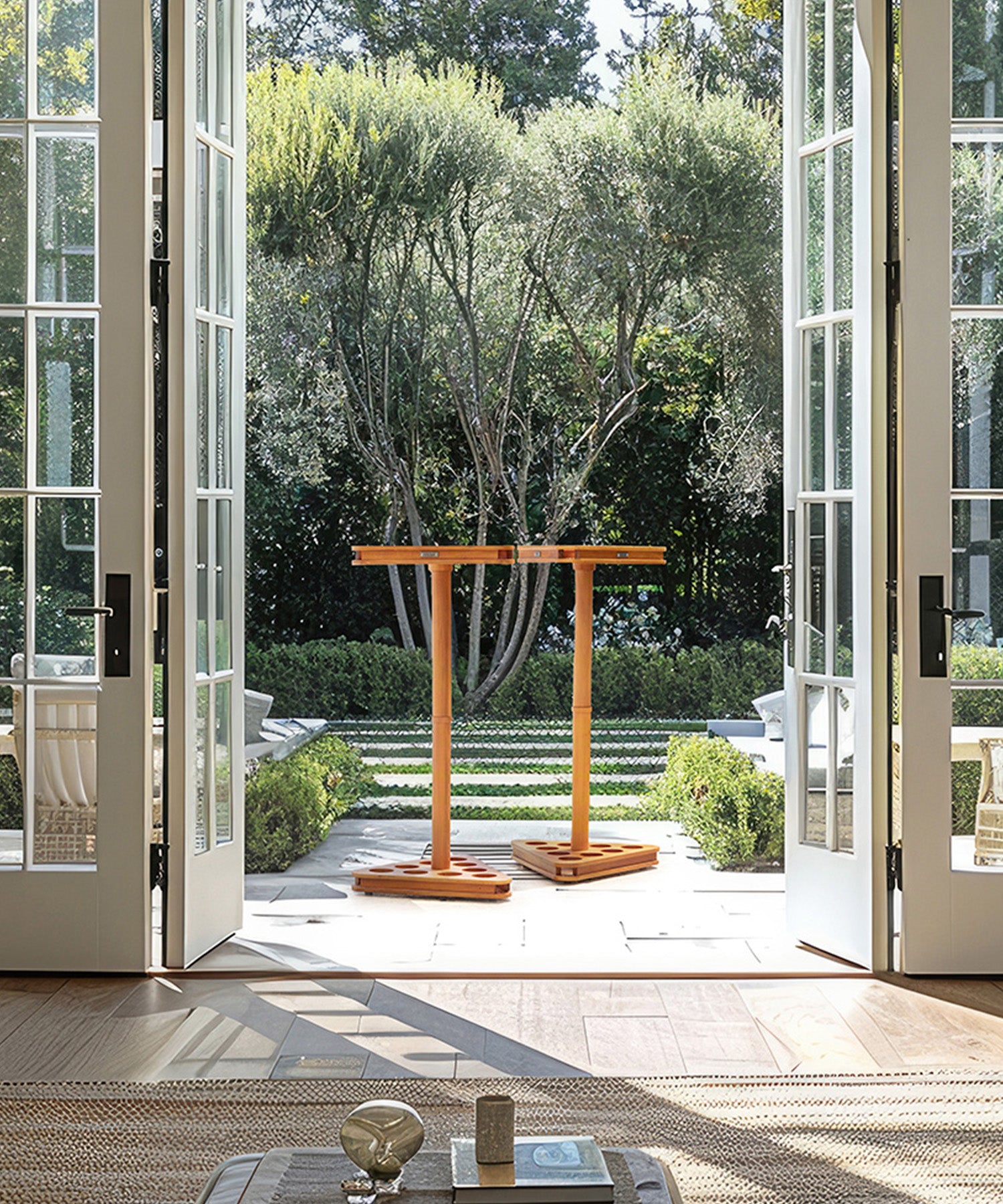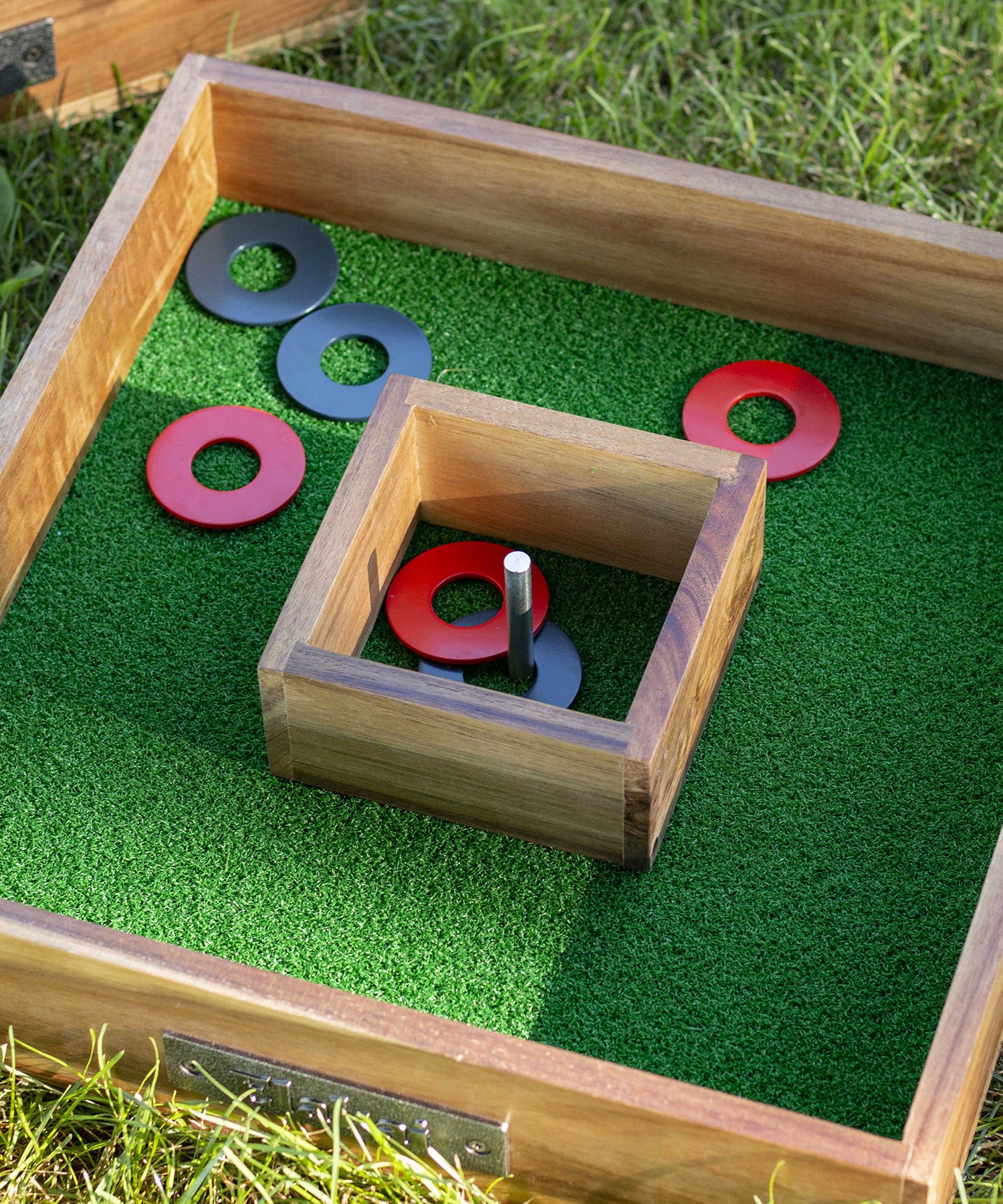Table of Contents
- 1. Prioritize the Center Pieces
- 2. Test Before You Pull
- 3. Build a Wide Base
- 4. Remove Blocks Slowly
- 5. Layer the Top Evenly
- 6. Lower the Center of Gravity
- 7. Stay Focused—Distractions are Dangerous
- 8. Master the One-Hand Rule
- 9. Observe Movement and Learn
- 10. Make Your Opponent Nervous
1. Prioritize the Center Pieces
If you want to keep your Jenga tower standing strong, always start by removing blocks from the center of each row. Why? Because pulling from the middle helps keep the weight distributed more evenly, preventing the tower from getting wobbly too early in the game. Avoid pulling from the edges at first—it’s a sure way to send your tower into tilt mode.
2. Test Before You Pull
Don’t just yank out the first block you touch. Gently test multiple blocks with light taps to find the loosest one. If a block resists, leave it be. A smart player knows that forcing a block is a recipe for disaster. Let the blocks guide you, young grasshopper.
3. Build a Wide Base
When stacking blocks on top of the tower, place them so they spread the weight as widely as possible. The wider the base, the more stable the tower becomes. Narrow tops lead to teetering chaos, and no one wants that—well, maybe your opponent does.
4. Remove Blocks Slowly
Jenga is a game of patience. Resist the urge to pull blocks out quickly, especially if the tower is already shaky. A slow and steady hand will help keep the tower stable. Pulling too fast is like walking into quicksand—you won’t know what hit you until it’s too late!
5. Layer the Top Evenly
As you stack your removed blocks on top of the tower, make sure they’re as evenly placed as possible. Uneven layers cause imbalances, and imbalances lead to epic crashes. Take the time to carefully place each block so that the weight remains distributed.
6. Lower the Center of Gravity
One of the best strategies is to keep the center of gravity low by focusing on removing blocks from the top half of the tower, especially in the early rounds. If you constantly pull from the bottom, you’ll leave yourself with a top-heavy structure, which is an accident waiting to happen.
7. Stay Focused—Distractions are Dangerous
Jenga is a game of focus. One distracted move can bring the whole tower down. Block out the noise, ignore your opponent’s smack talk, and channel your inner Zen. The more focused you are, the steadier your hand will be.
8. Master the One-Hand Rule
Jenga pros know the one-hand rule is crucial. You can only use one hand at a time to touch the blocks. Switching hands or using two hands to stabilize the tower is a Jenga foul! Practice using one hand for all your moves—it'll give you a steadier and more controlled approach.
9. Observe Movement and Learn
Take note of how the tower shifts after every move, whether it’s your turn or your opponent’s. The way the blocks move can give you critical insight into which pieces are safe to pull and which areas are more likely to collapse. Become a tower detective!
10. Make Your Opponent Nervous
This last strategy is more psychological than physical. Subtle mind games can tip the odds in your favor. Comment on how wobbly the tower looks or pretend to wince at their every move. If they lose their cool, they’ll be more likely to make mistakes. It’s all fair in love and Jenga!
Ready to put these strategies to the test? Get yourself an Elakai handcrafted Jenga set and bring some style to your next game night! Our premium wooden blocks are the perfect blend of aesthetics and challenge.


